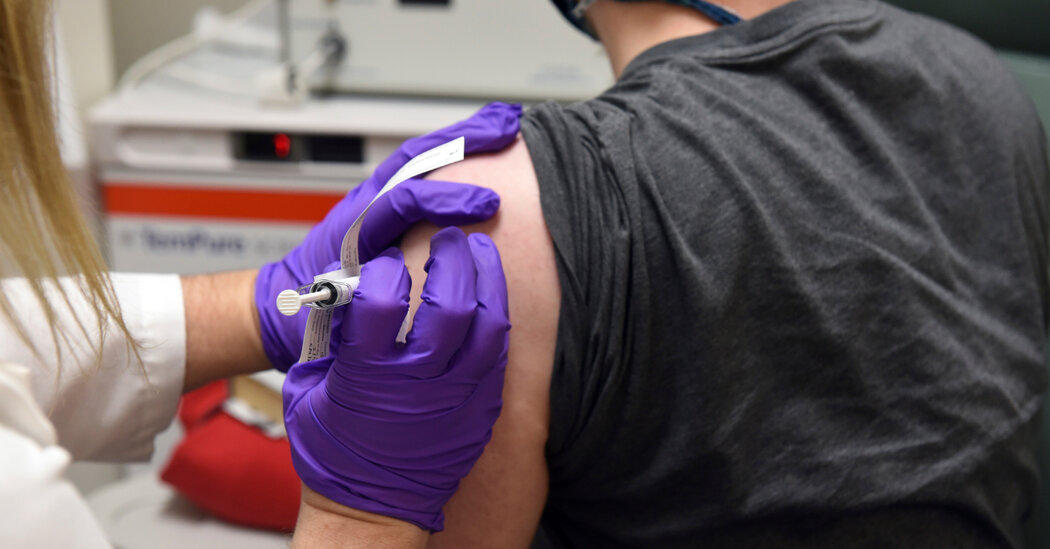In the United States, collecting immunization data has been a purely state-by-state effort. A push two decades ago to develop a federal registry imploded after an uproar over patient privacy and how the data would be used.
“The general philosophy in this country is states manage public health, so the concept that federally we are going to be tracking identified information is concerning,” said Dr. Shaun J. Grannis, a professor of medical informatics at Indiana University, who has advised the C.D.C. on data gathering.
“We are 50 different states with a patchwork quilt of regulations and different perspectives on privacy and security,” Dr. Grannis added. “And I think people are going to be asking the question: What does the C.D.C. do that we can’t do regionally?”
But at the briefing on Monday, Col. R.J. Mikesh of the Army, the information technology lead for Operation Warp Speed, said the data gathering was part of a “whole of America approach” to vaccine distribution. And some experts say that in the thick of a pandemic that has already cost nearly 284,000 lives in the United States, now is the time to start a federal vaccine registry.
“We’re in a pandemic,” said Dr. Carlos del Rio, an infectious disease expert at Emory University in Atlanta. “Privacy has its role, but it cannot be what drives decision-making when you’re trying to do a monumental task like vaccinating millions of Americans with a vaccine that requires two doses.”
The fight over the registry also exposes yet again the fractured nature of health data gathering — and how the government’s lack of sophistication has impeded the response to the pandemic, said Dr. Dan Hanfling, an expert in emergency response and a vice president at In-Q-Tel, the investment arm of the national intelligence community.
Some state immunization registries can coordinate to directly exchange information without a centralized federal database, but others cannot. “If you don’t have a national system, then at least there should be consistency in terms of what the states are doing,” Dr. Hanfling said.
[ad_2]
Source link


